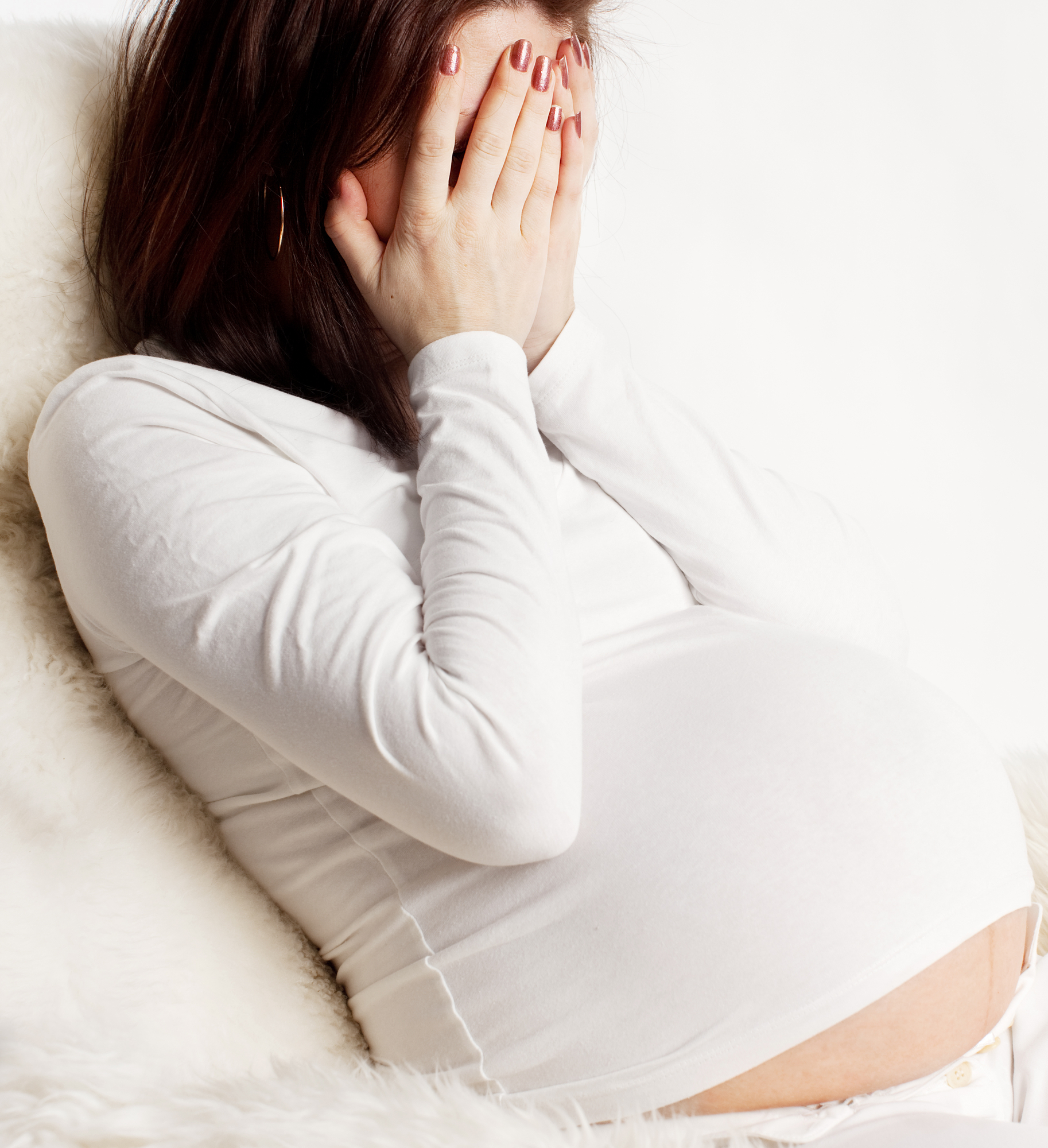The recent decision of Mr Justice Jay in Edyta Mordel v Royal Berkshire NHS Foundation Trust, in favour of the mother of a child born with Down’s syndrome who claimed damages for the wrongful birth of her son, has attracted a huge public backlash in the United Kingdom from those in the community who believe that a claim for wrongful birth devalues the life of the child and is an affront to his or her right to exist. This perception is misconceived, but also ignores the very essence of the wrongdoing.
The Case
In very brief terms Ms Mordel, the Claimant alleged that she was not provided screening for Down’s syndrome (which was universally offered for all expecting mothers in the United Kingdom) by the sonographer in 2014 when she attended the Royal Berkshire Hospital. Mr Justice Jay gave judgment in favour of the Claimant in the case, which involved issues around informed consent including the inadequate questioning by the sonographer about an erroneous understanding when the Claimant was thought to have declined testing.
The Court found that the sonographer did not take sufficient steps to ensure that the Claimant was doing what she wanted when it remained her wish to have the testing for Down’s syndrome performed, in circumstances where she had previously informed the midwife that she wanted the testing. The Court also found that the midwife had breached her duty of care when she reviewed the Claimant at 16 weeks in failing to explore why the first trimester testing had not been carried out when the claimant had initially indicated that she wanted it, and subsequent testing was available. Mr Justice Jay was persuaded that but for the breaches the Claimant would have proceeded with diagnostic testing and termination of the pregnancy.
Damages are yet to be assessed by the Court.
Comment
The expression ‘wrongful birth’ is an unfortunate and misleading term referring to a type of medical negligence claim brought against a doctor, hospital or other health provider for negligent advice and treatment which deprives parents of the choice to avoid conception (in the case of failed sterilisation) or termination of the pregnancy where they would have done so had they known about the particular genetic abnormality affecting the foetus (such as fragile Down’s syndrome or Fragile X syndrome).
The term is misleading because it directs attention away from the appropriate issue. It does not reflect on the birth of the child, the parent’s love for the child or the child’s right to exist. The focus of a wrongful birth case is the negligence of the doctor, hospital or other health provider, as the case may be; the interference with a person’s right to plan their family and the ‘economic circumstances’ of the unplanned pregnancy.
Mr Justice Jay succinctly put it as follows:
“Nothing I have said in this judgment should be interpreted as suggesting that the birth of a child with Down’s syndrome must be seen as unwelcome. Some parents have absolute ethical objections to termination of pregnancy, and for them the discussion begins and ends at that point. Other parents accept the possibility of having a baby with Down’s syndrome without a shred of concern or reluctance. The State expresses no judgment either way, but it is the policy of the NHS that Down’s screening must be offered to all expectant mothers, the premise being that many would wish to exercise their right to proceed to medical termination in the event of a diagnosis. These various wishes and decisions must be respected without comment.”










